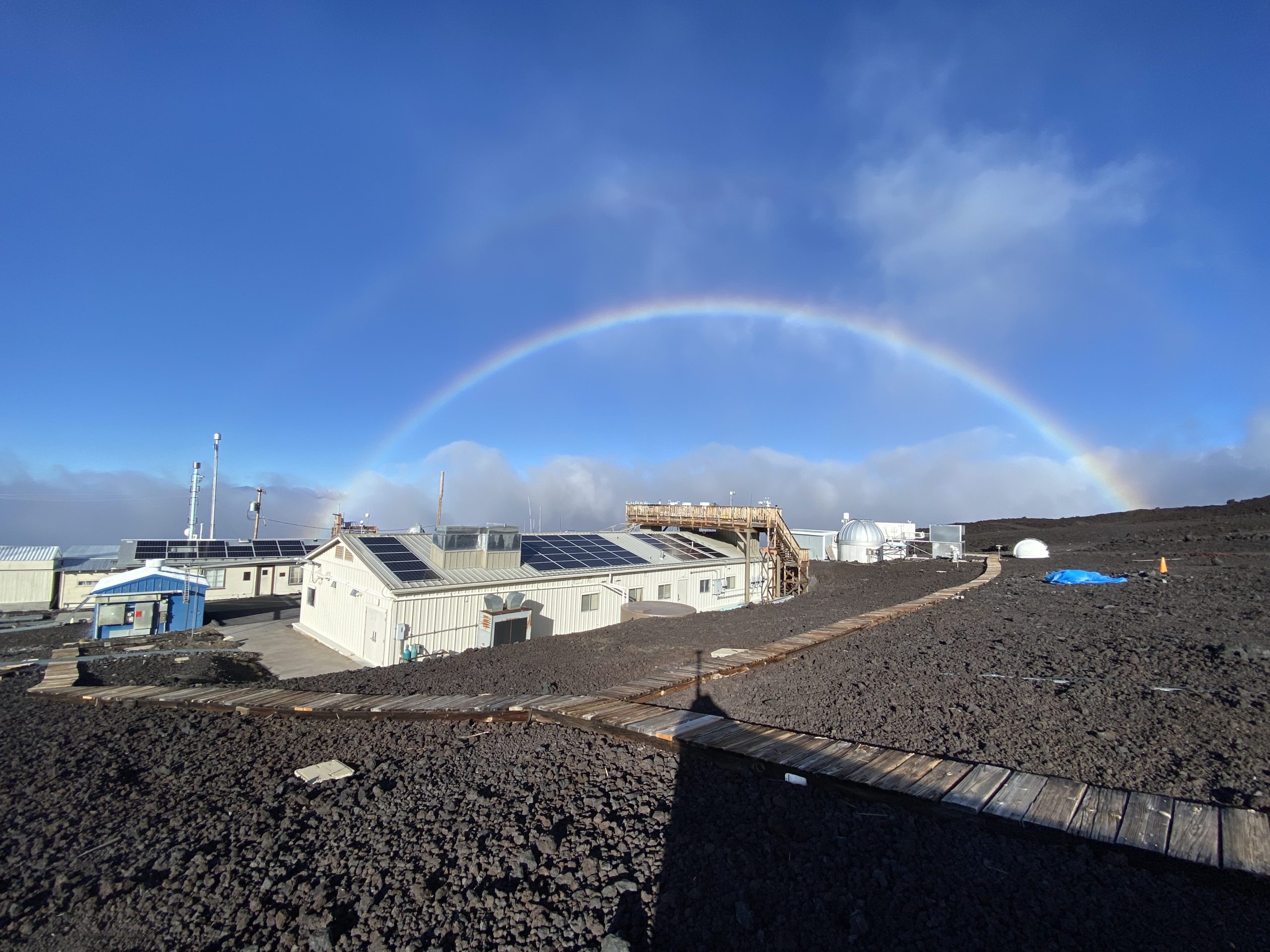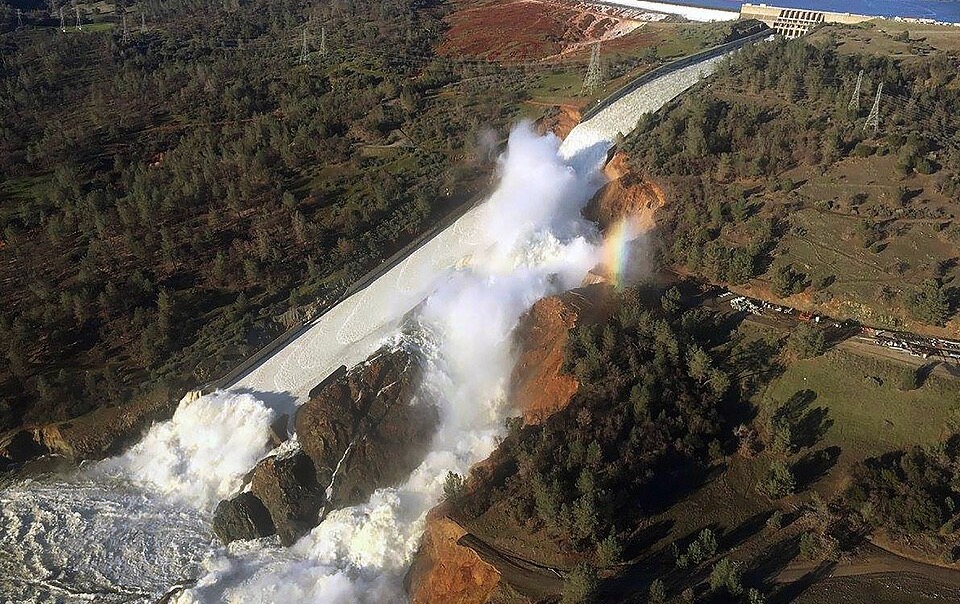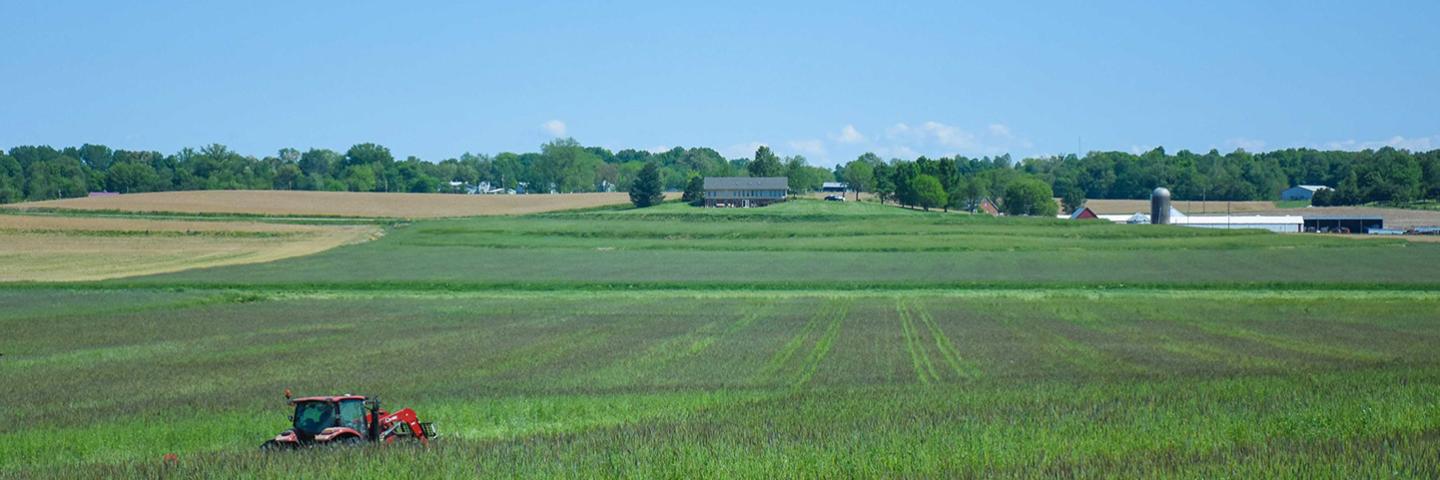NOAA and the Climate Resilience Fund CRF announced on October 22, 2021, the results of its 2021 competitive grants program supporting projects that will help U.S. communities build resilience to the impacts of climate change. NOAA and the Climate Resilience Fund CRF announced on October 22, 2021, the results of its 2021 competitive grants program supporting projects that will help U.S. communities build resilience to the impacts of climate change. The Climate Resilience Fund designed its Coordination and Collaboration in the Resilience Ecosystem grants program to match federal resources 1:1 with private foundation funding. CRF seeks input from the community of climate practitioners each year to guide its investments that support the development of the field of climate adaptation and resilience. Projects funded through the 2021 grants focus on four priorities – Diversity, Equity & Inclusion, Nature-based solutions to climate change, finance-ready planning, and measures of success – all prioritized by participants in annual “Resilience Ecosystem” convenings sponsored by CRF and NOAA. Work will be completed on all projects in Spring 2022.
“We are excited to support this group of leading experts and organizations in addressing these four important issues,” said John Nordgren, CRF’s Managing Director. “The results will help communities across the country better understand and prepare for climate-related hazards.” “NOAA is excited to partner with the Climate Resilience Fund and its new awardees on these four new projects,” said David Herring, Communication, Education, and Engagement Division Chief at the NOAA Climate Program Office, which houses the U.S. Climate Resilience Toolkit. “Their work will increase our ability to scale up and accelerate the pace of resilience-building, equitably and inclusively, in communities all across the nation.” As part of their efforts, the four grantees also will help shape the U.S. Climate Resilience Toolkit’s Steps to Resilience Framework, which was developed by NOAA to help decision makers evaluate exposure, vulnerability, and risk to climate-related hazards, weigh options, and execute responses that reduce risks. The newly funded efforts: Helping communities identify and obtain funding for climate resilience American Society of Adaptation Professionals ASAP – $75,000 ASAP and their partners at Climate Resilience Consulting will create a ready-to-fund Resilience Guidebook by seeking insights from practitioners and advisor networks, reviewing grey and peer-reviewed literature, organizing and validating information to identify themes and gaps, and creating case studies and examples of working strategies. ASAP will work with the US Climate Resilience Team to integrate the new guidance developed into a practitioner and training guide for climate service practitioners. Integrating principles of diversity, equity and inclusion with climate resilience planning Antioch University’s Center for Climate Preparedness and Community Resilience – $75,000 The Antioch project team, together with partners in Black, Indigenous, and People of Color communities, will review and summarize existing best practices for community engagement in climate adaptation planning that integrates diversity, equity, and inclusion. The team will create a white paper that summarizes the findings and will refine the US Climate Resilience Toolkit’s Steps to Resilience to include these lessons learned. Building community understanding of nature-based solutions for resilience National Wildlife Federation NWF – $75,000 NWF and its partners at EcoAdapt will draw on existing literature and the Federation’s extensive experience to develop a best practices guide for employing nature-based solutions to reduce climate impacts and risks to communities. The project team will work with Climate Resilience Toolkit staff to advise on where and how nature-based solutions can be more fully integrated into the Steps to Resilience planning framework. Supporting communities’ efforts to measure progress of effective and equitable resilience actions EcoAdapt – $75,000 EcoAdapt and partners at Adaptation/Insight will review and synthesize approaches, indicators, and metrics for evaluating adaptation project and program effectiveness at meeting a range of goals, including social, environmental, economic, and climate hazard risk-reduction. The project will develop an interactive catalog of indicators and metrics to support practitioners in designing context-appropriate adaptation processes. EcoAdapt and partners at Adaptation/Insight will work with the U.S. Climate Resilience Toolkit staff to develop trainings based on findings. These grants are possible through a unique partnership between CRF and NOAA, with generous support from the Doris Duke Charitable Foundation. The projects advance NOAA’s mission to understand and predict changes in climate, weather, oceans, and coasts, to share that knowledge and information with others, and to conserve and manage coastal and marine ecosystems and resources. They also advance CRF’s mission, which is to mobilize resources to support resilience and sustainability in communities across the U.S. and for the natural resources on which they depend. CRF and its partners aim to expand the collective capacity of communities to create a more adaptive, sustainable, climate-resilient society. For more information, please contact Darren Long, Climate Resilience Fund, darren@climateresiliencefund.org, 404-274-1703, or Monica Allen, NOAA Communications, monica.allen@noaa.gov, 202-379-6693.



